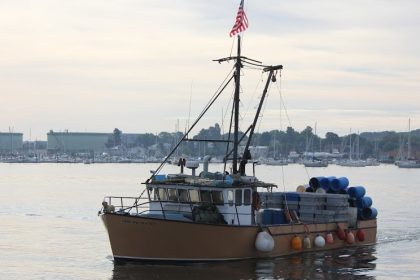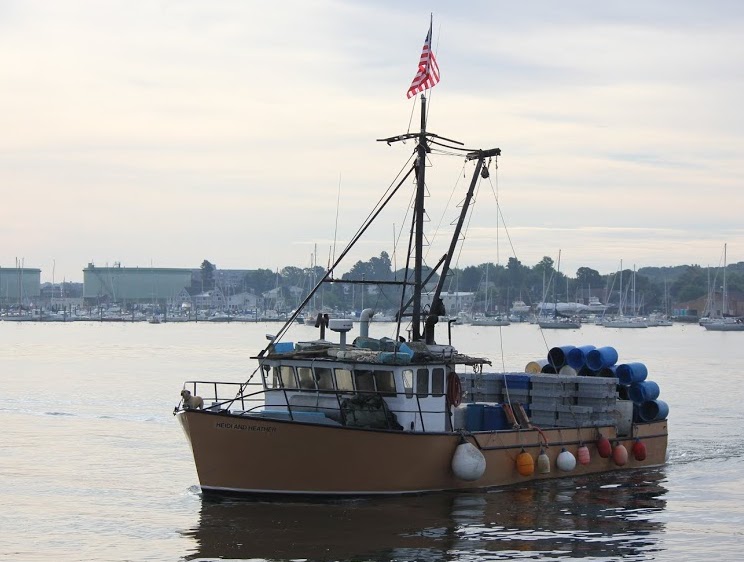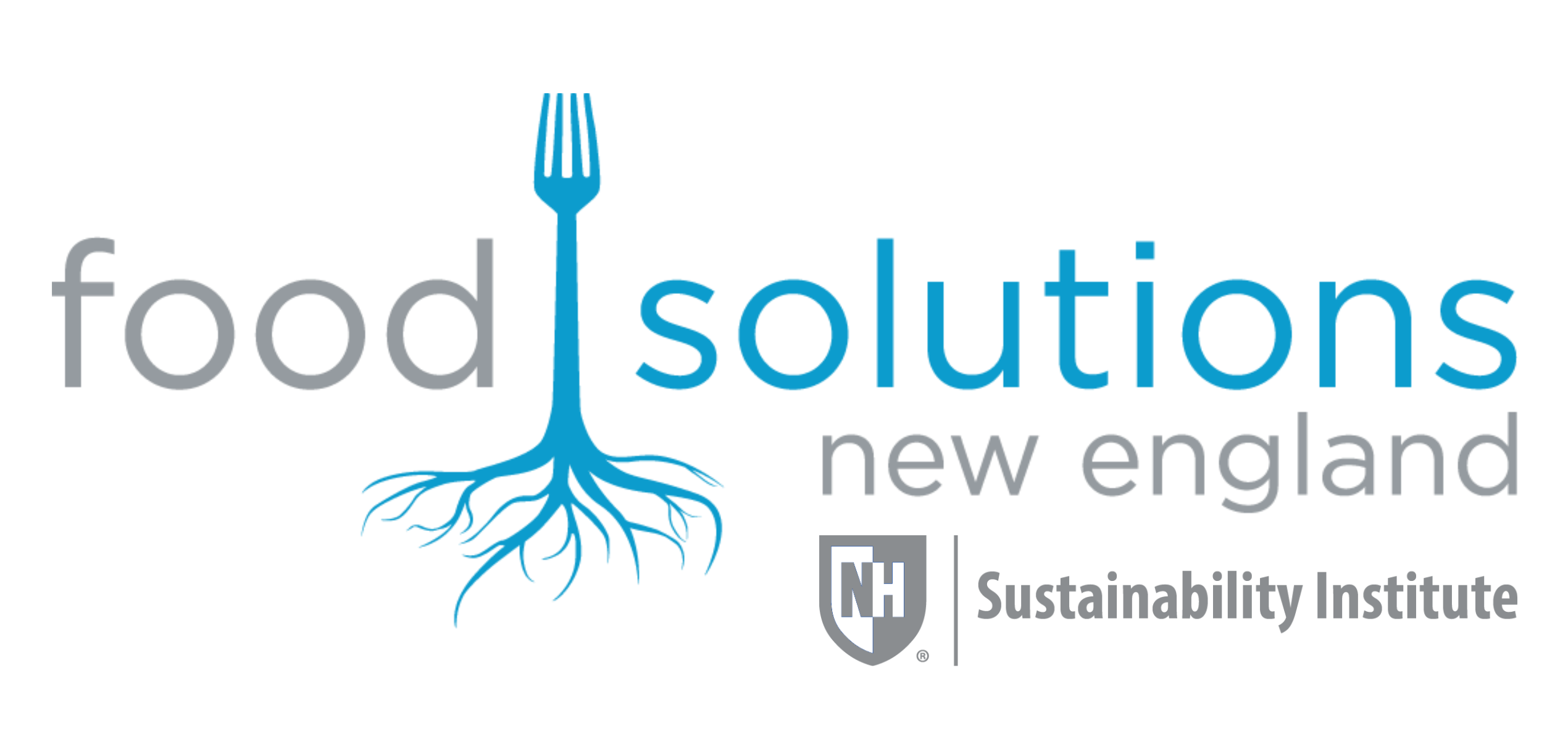
 The New England Fishery Management Council voted at their meeting on Tuesday, November 18th in Newport, RI on the groundfish fleet diversity amendment, a draft policy that members of the Fish Locally Collaborative have worked on over the past four years. Here is Aaron Dority’s report back from the council meeting.
The New England Fishery Management Council voted at their meeting on Tuesday, November 18th in Newport, RI on the groundfish fleet diversity amendment, a draft policy that members of the Fish Locally Collaborative have worked on over the past four years. Here is Aaron Dority’s report back from the council meeting.
New England groundfish fleet diversity protections
The purpose of last week’s fleet diversity discussion was for the council to vote on the final range of alternatives in the draft Amendment 18 document. This meeting was the last opportunity to add, remove or change pieces of the amendment. The draft document represented years of meetings: council, committee, scoping hearings, industry meetings, advisory panel, etc., etc., and Amendment 18 had finally been shaped into something that promised to meaningfully protect fleet diversity and hopefully afford opportunities for future young people to enter this fishery. However, just before the final vote, an outspoken opponent council member made a motion to weaken a key provision, the proposed inshore/ offshore line that has consistently been the most popular component among small boat fishermen.
Background
When New England shifted to groundfish quota management, the input controls that afforded the only spatial scale protections for inshore fish stocks were removed. This change coincided with
- decreasing health of the cod stocks (which wasn’t apparent to most people until a later stock assessment), and
- a hyper-aggregation of fish on a small piece of bottom that represented only 1% of the Gulf of Maine as the cod fed on sand lance.
As inshore fishing effort soared, this perfect storm annihilated the Gulf of Maine cod stock, now drawing depressing comparisons with the Canadian maritimes from 20 years ago, and resulting in extreme quota cuts and many out-of-work fishermen.
Small boat, inshore fishermen knew what was happening as soon as they saw the increase in fishing effort on local fishing grounds off Massachusetts – from big boats and small from all over New England. Finally, after a core group of concerned fishermen had been sounding the alarm for three years the council voted this spring to protect inshore fishing grounds and the fishermen who depend upon them, and thus promote fleet diversity, by establishing an inshore/ offshore line. The proposal, included in Amendment 18, contained provisions for area-based trip or seasonal declarations and differential catch limits – a measure to prevent future pulse fishing that wiped out the cod fish over the past several years.
Progress
On November 18, 2014, a council member and outspoken critic of fleet diversity protections proposed to remove the differential catch limits from the amendment, arguing that with low cod quotas, now was not the time to worry about fleet diversity (though he failed to mention when would be the time to do so). National Marine Fisheries Service (NMFS) Regional Administrator John Bullard argued that inshore catch limits were critical to the whole inshore/ offshore line concept – the policy was meaningless otherwise. Thankfully, several fishermen from Cape Cod and South Shore (MA) spoke up in support of inshore area protections, including inshore catch limits. The motion to weaken Amendment 18 narrowly failed by two votes.
We’re now finally in the home-stretch. The next important meeting on this action will take place in April. That meeting will be critical – the time when fleet diversity advocates need to hold council members’ feet to the fire as they select preferred alternatives. The final votes and public hearings will take place in 2015 and the policy will be implemented in 2016. With the final push, this policy should prevent extreme quota consolidation, provide critical protections for fish stocks along New England’s coastal shelf, and ensure more transparency in the quota leasing market. The amendment is a long time in the making, and I think that all of us who have worked on this for the past several years are looking forward to its implementation.
Aaron Dority is the Federal Policy Director at Penobscot East Resource Center in Stonington, Maine. The organization’s mission is to secure a fishing future for communities in eastern Maine and beyond. Mr. Dority works collaboratively with fishermen and partner organizations to improve the science and management of federal commercial fisheries, and he advocates for equitable access to the fishery, including for owner-operator and new entrant fishermen.
Photo credit: Susan Tompkins, Rising Tide PR
Further Reading
Can New England’s Cod and Fishermen Both Survive?




